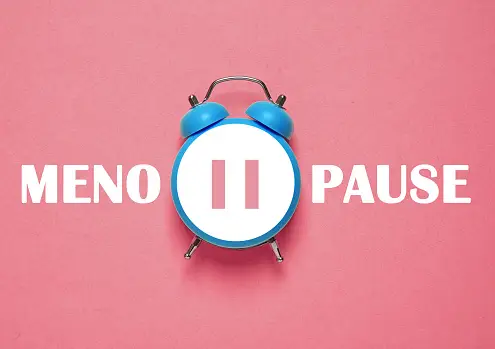
Introduction
Menopause is a natural life stage that marks the end of a woman’s reproductive years. It typically occurs between the ages of 45 and 55. During this transition, hormonal changes can significantly affect both physical and mental well-being. In this article, we’ll explore what menopause is, why it happens, and how it impacts mental health.
What Is Menopause?

Menopause refers to the point when a woman’s periods have permanently stopped. It’s a milestone that signals the end of fertility. However, the journey to menopause begins earlier during a phase called perimenopause, which usually starts in the late 40s or early 50s. During perimenopause, hormone levels fluctuate, leading to various symptoms.
Why Does Menopause Affect Mental Health?
- Hormonal Shifts: Like puberty and postpartum, menopause involves significant hormonal changes. These fluctuations can lead to mood swings, anxiety, and depression. Sleep disturbances, brain fog, and forgetfulness are also common.
- Life Transitions: Menopause coincides with other life changes, such as becoming an empty nester or caring for aging parents. These transitions can cause stress and impact mental well-being.
Coping Strategies
1. Seek Support
- Therapy: Consider talking to a therapist who specializes in women’s mental health. They can help you navigate emotional challenges during menopause.
- Community Resources: Connect with support groups or online communities. Sharing experiences can be comforting.
2. Lifestyle Changes
- Exercise: Regular physical activity can improve mood, reduce anxiety, and enhance overall well-being.
- Healthy Diet: Focus on nutritious foods, including fruits, vegetables, and whole grains. Limit caffeine and alcohol.
- Sleep Hygiene: Prioritize good sleep habits to manage mood swings and irritability.
3. Address Stigma
- Normalize Conversations: Break the silence around menopause. Educate others about its impact and reduce stigma.
- Self-Compassion: Be kind to yourself. Menopause is a natural process, and it’s okay to seek help when needed.
Frequently Asked Questions
What causes menopause?
Declining hormone levels lead to the cessation of periods.
How does menopause affect mental health?
Mood changes, anxiety, and depression are common.
When does menopause happen?
Typically between ages 45 and 55.
Is there a societal stigma around menopause?
Yes, but awareness is growing.
Medicine or exercise for coping?
Both can be helpful; consult your healthcare
Conclusion
Menopause is a complex journey that impacts not only physical health but also mental and emotional well-being. By understanding its challenges and seeking support, women can navigate this transition with resilience and grace.